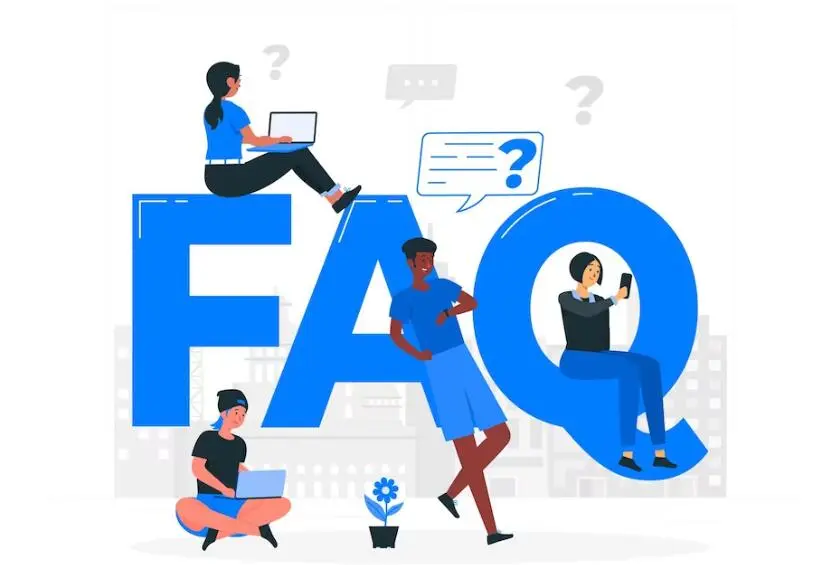In the vast expanse of the educational realm, general knowledge stands as a cornerstone. It shapes students into well-rounded individuals, allowing them to navigate the world with a broadened perspective. For educators, assessing general knowledge isn’t merely about ticking off curriculum checkboxes; it’s about gauging a student’s holistic understanding and cultivating informed, globally-aware citizens.
Table of content
- Part 1: 6 Engaging General Knowledge Assessment Ideas
- Part 2: OnlineExamMaker: Free Online Quiz Platform for Conducting General Knowledge Assessments
- Part 3: How to Create A General Knowledge Assessment in OnlineExamMaker?
The Value of General Knowledge
Before delving into assessment techniques, it’s essential to understand why general knowledge is paramount. A well-rounded education does more than prepare students for exams—it equips them with tools to connect the dots in the world around them. With a foundation in general knowledge, students develop critical thinking abilities, gain a deeper cultural understanding, and foster a sense of informed citizenship. They’re not just absorbing information; they’re contextualizing it in the broader world narrative.
Traditional vs. Innovative Assessment Methods

Historically, assessing general knowledge often boiled down to written tests with standardized questions. But the landscape of education is evolving. As the digital age unfolds, there’s a palpable push for more dynamic, engaging, and student-centric assessment tools. The emphasis is now on not just what students know, but how they apply, analyze, and engage with that knowledge.
You might like to know
Create an auto-grading quiz/assessment without any coding – try OnlineExamMaker today!
6 Engaging General Knowledge Assessment Ideas
1. Thematic Trivia Games:
Imagine a classroom buzzing with excitement, as teams of students pit their wits against each other in trivia games. These aren’t just any games—they’re meticulously designed around themes, from history and geography to science and literature. The competitive element doesn’t just make assessments fun; it fosters engagement, teamwork, and rapid recall.
2. Interactive Digital Quizzes:

Incorporating technology, educators can craft multimedia-rich quizzes that captivate students. Through platforms and specialized apps, quizzes can be imbued with images, videos, and interactive elements, offering a refreshing departure from traditional paper-based tests. The timed responses add an element of challenge, pushing students to think on their feet. Educators can use the online quiz platform, such OnlineExamMaker, Moodle quiz, or quizlet to create interactive gegeral knowledge assessments.
3. Group Discussions on Current Events:
Knowledge isn’t static; it evolves with the world. By steering students into group discussions on recent news, educators assess more than just recall—they gauge analytical skills, perspective-taking, and the ability to articulate ideas. It’s an assessment rooted in real-world connections, ensuring students are not just aware but also insightful.
4. Cross-disciplinary Projects:
Boundaries blur in the real world. A singular topic can span history, science, art, and more. By assigning projects that merge disciplines, educators challenge students to tap into their diverse knowledge reservoirs, synthesizing information in innovative ways.
5. Escape Room Challenges:
Transforming classrooms into escape rooms, educators can craft a thrilling assessment experience. Here, general knowledge becomes the key to “escape.” As students solve problems and answer questions, they’re not just showcasing their knowledge; they’re demonstrating teamwork, logic, and problem-solving—all under the ticking clock’s pressure.
6. Portfolio Submissions:
Over a term or year, students curate portfolios, an amalgamation of articles, essays, analyses, and reflections on various topics. This method allows educators to witness a student’s knowledge evolution, appreciating the breadth and depth of their understanding.
Incorporating Feedback for Continuous Improvement
Beyond the assessment lies a crucial component: feedback. For knowledge to solidify and for gaps to be bridged, students need constructive feedback. This loop, where educators provide insights and students act on them, is where real growth happens. It’s here that students refine their understanding, gearing up for future challenges.
Overcoming Potential Challenges in Assessing General Knowledge
Like any educational endeavor, assessing general knowledge has its set of challenges. Ensuring equity, navigating diverse information sources, and circumventing biases are just a few hurdles. But with mindful strategies, these challenges can be transformed into opportunities. Digital platforms can be leveraged for uniformity, diverse resources can be curated to offer balanced perspectives, and educators can undergo periodic training to ensure unbiased assessments.
OnlineExamMaker: Free Online Quiz Platform for Conducting General Knowledge Assessments
OnlineExamMaker offers one stop solution for online knowledge assessment. It would solve all your problems in preparation for the exam. Comes with a powerful candidate management system, you can add and import candidates, group similar aspirants, easily assign tests to the candidates to have a consistent track and monitor on the candidate’s performance.
Key Features:
Flexible Test Creation: OnlineExamMaker provides an extensive range of question types, allowing users to create diverse and engaging tests.
Secure Online Proctoring: With advanced anti-cheating measures, OnlineExamMaker ensures the integrity of exams. It incorporates features such as live video monitoring, AI-based facial recognition, screen recording, and browser lockdown to prevent malpractices.
Data Analytics and Reporting: OnlineExamMaker offers in-depth analytics and real-time reports, providing valuable insights into candidate performance, question-wise analysis, and overall assessment trends.
How to Create A General Knowledge Assessment in OnlineExamMaker?
Step 1: Register an account in OnlineExamMake website.
Step 2: Prepare questions, then upload to OnlineExamMake question bank in bulk.
Step 3: Create a new assessment, edit assessment information, then configure settings.
Step 4: Publish the assessment, then share it via Email, social, or direct link.
Create Your Next Quiz/Exam with OnlineExamMaker